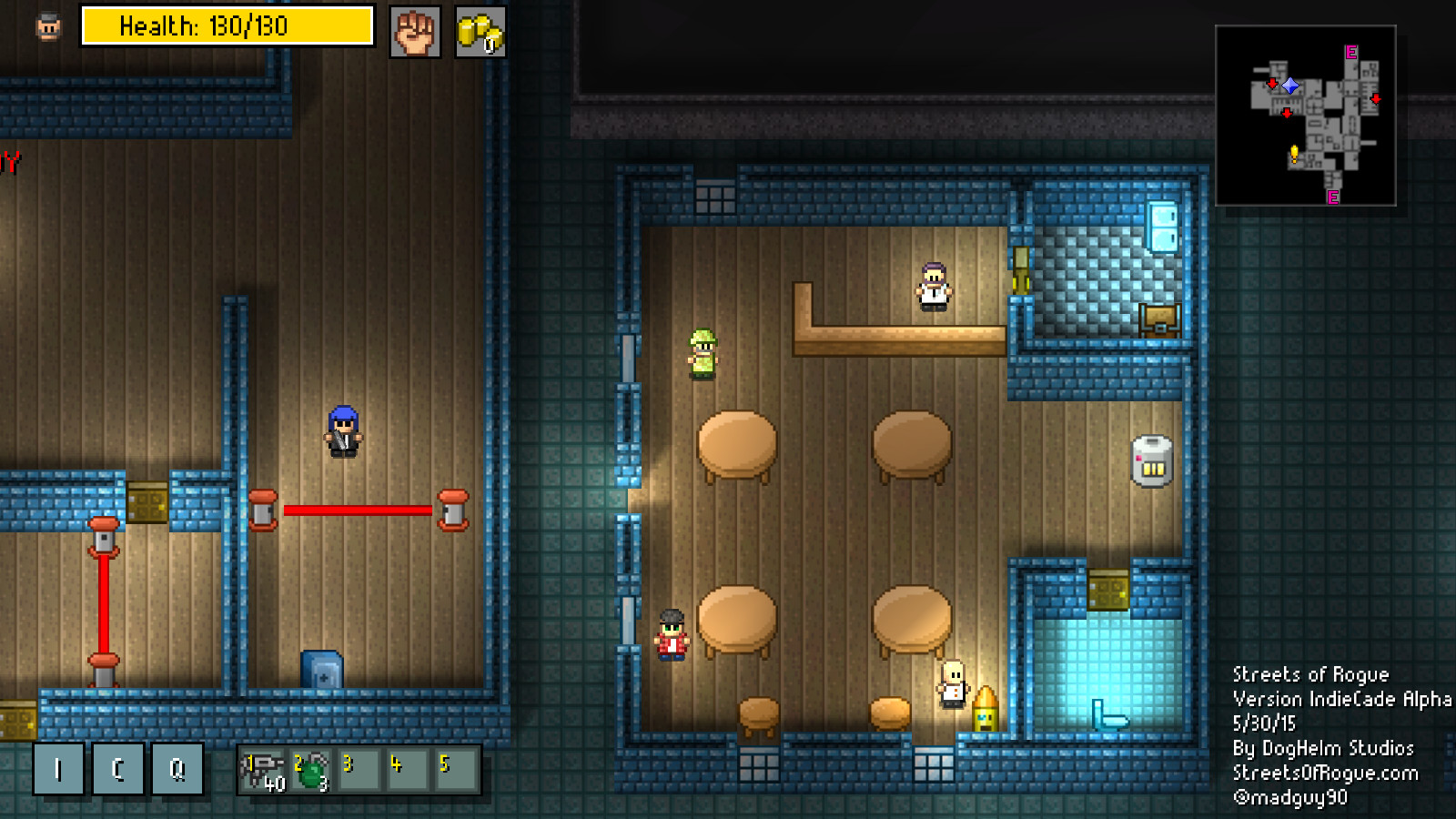


But that year, 110 people died from prescription opioids.ĭuring closing arguments this month, lawyers lambasted Walgreens’ “fill, fill, fill corporate culture.” For years, they claimed, the pharmacies operated under extreme staffing shortages.

In 2010, there were just 10 reported heroin overdoses citywide. The overdose landscape shifted dramatically. A major dispenser, according the lawsuit: Walgreens. Overdose rates plummeted.īut that began to change a few years later when hundreds of millions of opioid pills were shipped to San Francisco.
STREETS OF ROGUE SYRINGES SERIES
By 1999, doctors, drug users, researchers and outreach workers had developed a series of recommendations aimed at reducing harm for people who injected drugs.
STREETS OF ROGUE SYRINGES HOW TO
Underground groups handed out clean syringes and learned how to administer naloxone, the overdose reversal drug. Drug users rallied to care for one another. Because for a little while, the city had its overdose crisis under control.ĭuring a deadly heroin wave in the 1990s, the city managed to drastically reduce fatal overdoses.

STREETS OF ROGUE SYRINGES FULL
But its role in the crisis in San Francisco is often overlooked, and we’re subsequently missing the full picture. Walgreens has already paid hundreds of millions of dollars in settlements across the country for its irresponsible dispensing of opioids. The suit claims Walgreens irresponsibly distributed prescription opioids to San Franciscans, contributing to a rise in fatal overdoses, addiction and public drug use. Walgreens, once again, is in the middle of the story, but this time as an alleged perpetrator of crime.Īccording to a lawsuit filed by the City Attorney’s Office, for more than a decade, Walgreens was the largest distributor of opioids in San Francisco - and was a key player in setting off the current iteration of our crisis. And the past few weeks have offered newfound clarity on why. Getting tough, therefore, is the natural solution.īut this explanation isn’t just facile, it’s untrue. San Francisco got in this mess because we were too lenient. It has a kind of common-sense appeal that’s easy to rally behind. The current rhetoric of accountability and personal responsibility surrounding drugs and addiction - and the crimes like petty theft that support them - is seductive. Boudin was ousted in a recall, and his replacement, Brooke Jenkins, has made it clear she intends to make street-level enforcement of drug crimes a top priority. And it is still influencing our politics and policymaking. This narrative has stuck - buttressed by legitimate concerns over a wave of drug overdose deaths on our streets. Things died down, until Walgreens announced it was shuttering several of its San Francisco stores due to theft - and the stories started again.Īll of this added color to the portrait of San Francisco as a crime-ridden hellhole, due to chronic homelessness and unchecked drug use - all enabled by the kind of liberal permissiveness exemplified by our lax district attorney, Boudin. Fox News covered the incident multiple times, lambasting the city’s shoplifting crisis.


 0 kommentar(er)
0 kommentar(er)
